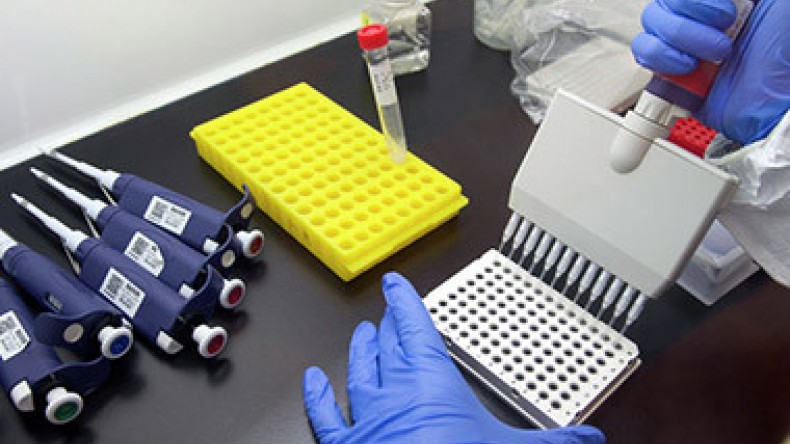
Experimental Ebola vaccine shows promising early test results
Early clinical trials of an experimental Ebola vaccine showed positive results in creating anti-body responses in human test subjects, the US National Institutes of Health (NIH) announced in a statement, Sputnik reported.
“An early-stage clinical trial of an experimental Ebola vaccine conducted at the National Institutes of Health and the Walter Reed Army Institute of Research (WRAIR) found that the vaccine, called VSV-ZEBOV, was safe and elicited robust antibody responses in all 40 of the healthy adults who received it,” NIH said on Wednesday.
The experimental vaccine uses a genetically-modified version of a virus that infects cattle. A gene for a protein in the cattle virus is then replaced with a gene for a protein found in the Zaire species of the Ebola virus. Because the vaccine does not use the whole Ebola virus people injected with the vaccine are not at risk of Ebola, the NIH said.
The vaccine created minor side effects during testing, including pain at the point of injection and fevers that lasted between 12 and 36 hours.
"The prompt, dose-dependent production of high levels of antibodies following a single injection and the overall favorable safety profile of this vaccine make VSV-ZEBOV a promising candidate that might be particularly useful in outbreak interventions,” US National Institute of Allergy and Infectious Diseases investigator Richard Davey, who worked on the project, said.
The results of the VSV-ZEBOV vaccine study were published in The New England Journal of Medicine. The VSV-ZEBOV vaccine is one of two experimental Ebola vaccines being tested in volunteer clinical trials in Liberia.
Newsfeed
Videos






























